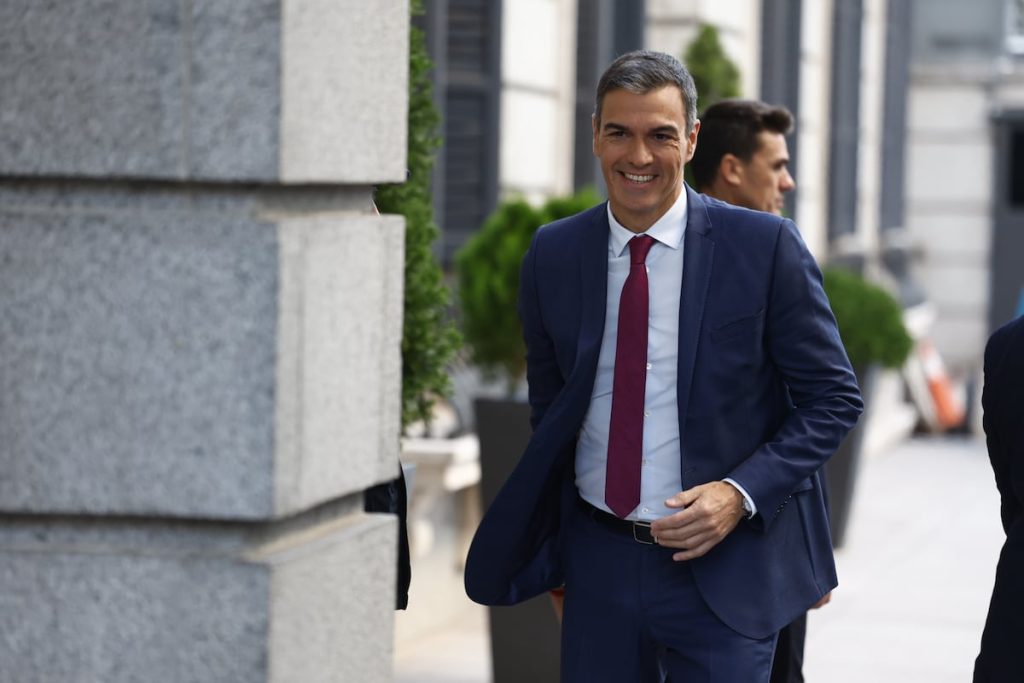Good morning. We start the live narration of the latest political news on this Wednesday, October 9th. The legal proposal that could speed up the release of dozens of ETA prisoners from prison is today’s main focus in the political debate, on a day where Prime Minister Pedro Sánchez and opposition leader Alberto Nuñez Feijóo face off in Congress. Sánchez will also report to Congress on the measures taken to address migratory pressure, while the Government and the PP still cannot reach an agreement on the management of unaccompanied migrant minors. In addition, the Prime Minister will provide explanations on the fiscal balance plan that must be sent to Brussels next week, which will include deficit and debt adjustment commitments for the next four years.
On the other hand, the Official State Gazette (BOE) publishes on Wednesday the declaration of the 131 new tense areas requested by the Generalitat of Catalonia, adding to the 140 municipalities in the region where rent prices are already regulated, according to sources from the Ministry of Housing and Urban Agenda. The tensioned areas are those where there is a risk of rent prices rising rapidly, making it difficult for residents to afford housing. By regulating these areas, the government aims to stabilize rental prices and prevent a housing crisis from worsening.
In Congress, Pedro Sánchez and Alberto Núñez Feijóo engage in a heated debate over the legal proposal to speed up the release of ETA prisoners, with the opposition criticizing the government’s approach to national security. Sánchez defends the proposal as a necessary step towards reconciliation and peace, arguing that it is in line with international standards for the treatment of prisoners. The debate highlights the deep divisions between the ruling party and the opposition on issues related to terrorism and national security.
The issue of unaccompanied migrant minors continues to be a point of contention between the Government and the PP, with both sides failing to reach a consensus on how to manage the influx of minors arriving in Spain. The Government’s plan to create a network of shelters and support services for these minors is met with skepticism by the opposition, who argue that the government’s approach is insufficient to address the scale of the problem. The disagreement underscores the challenges of managing migration in a politically polarized environment.
As Sánchez prepares to send the fiscal balance plan to Brussels, he faces pressure to meet the deficit and debt adjustment commitments for the next four years. The plan is crucial for Spain to maintain its fiscal stability and credibility in the European Union, as the country grapples with economic challenges exacerbated by the Covid-19 pandemic. Sánchez’s ability to navigate these economic pressures while balancing political demands from both the opposition and his coalition partners will be a key test of his leadership in the coming months.
In conclusion, the political landscape in Spain remains fraught with challenges, from managing the legacy of ETA terrorism to addressing the housing crisis and migration pressures. The upcoming debates in Congress and the implementation of key policies will shape the country’s future trajectory, as leaders navigate complex issues in a rapidly changing world. The ability of politicians to find common ground and work towards consensus will be essential in addressing these challenges and moving Spain towards a more stable and prosperous future.


